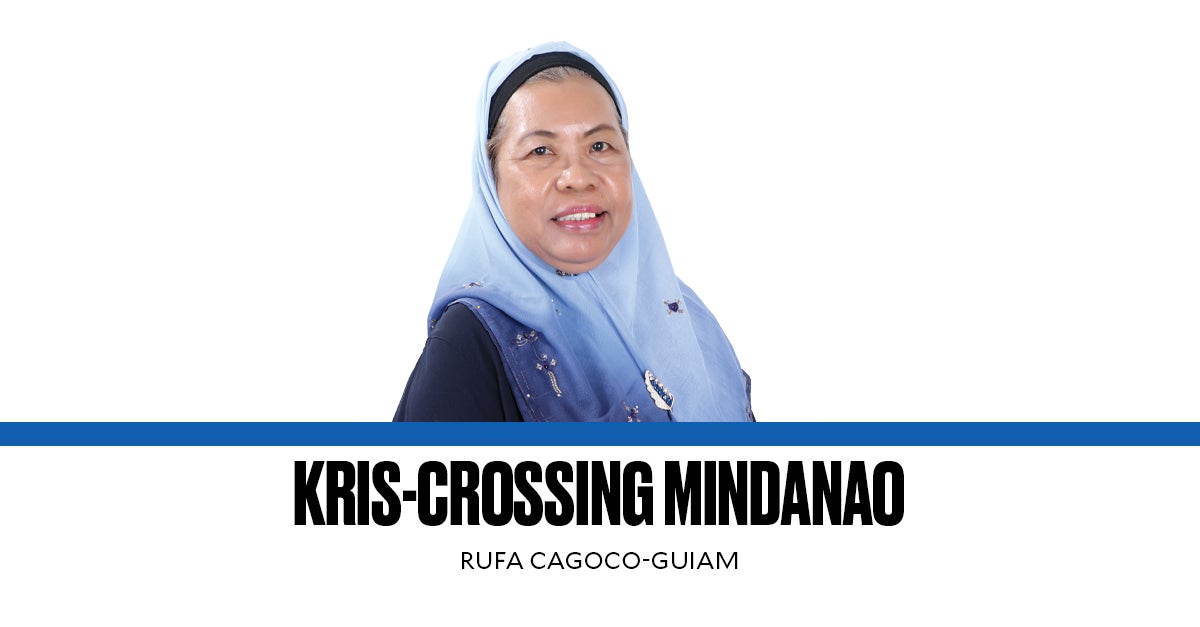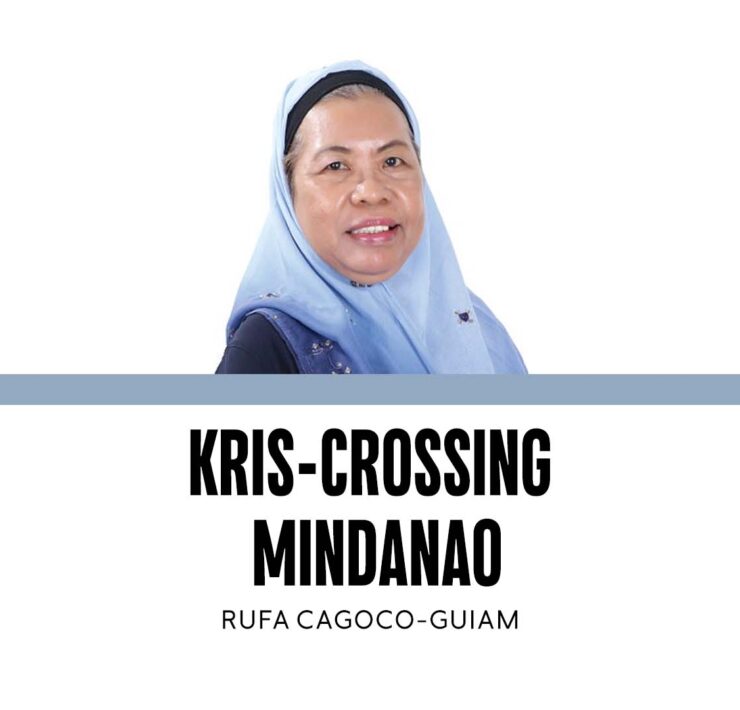Is the 2025 national budget anti-poor?

On Dec. 11, 2024, the bicameral conference committee (House of Representatives and the Senate) approved the final version of the proposed P6.352-trillion 2025 national budget.
Leaders of both legislative houses praised the 2025 budget, which is roughly a 10 percent increase of the 2024 budget, as the “…most important legislation passed annually by Congress…” said Senate President Francis Escudero. He stressed that the huge budget for next year underscores “the crucial role of the budget in shaping the nation’s priorities; highlighting the principle of balancing additions and cuts.”
Escudero added that next year’s budget aligns with President Marcos’ plans. In a classic statement of support to PBBM, Escudero claims that “it is only right for Congress to support President BBM’s plans.” However, he explained that it was not a matter of “blind adherence” to presidential wishes, but a “recognition of the overwhelming electoral mandate given to him by over 31 million voters.”
For her part, Sen. Grace Poe, chair of the Senate finance panel, lauded the passage of the 2025 budget in the bicameral body, saying that the budget “reflects significant increases in funding priority sectors like social protection, education, health, livelihood, disaster response … and that these increases demonstrate the government’s commitment to uplifting vulnerable sectors and investing in the nation’s future.”
Hearing these remarks can make anyone feel confident that the government has already factored in much-needed expenditures that will allow all Filipinos access to basic social services (education and health), and that marginalized and vulnerable sectors of the population will be provided opportunities for them to be uplifted from the dire situation they are in.
However, government laws that outline how national budgets are spent are not implemented in a political vacuum. Laws, including the republic acts that govern how the annual national budgets are spent, are not implemented on their own; the whole gamut of processes and procedures implementing a national budget includes both legal and political structures and the people that run these.
And herein lies the complicated budgetary implementation process, leading to possible anomalies and in some cases to allegations of plunder, as what some politicians have been accused of doing as the signing authority in the disbursement of public funds.
More than 18 million are living below the poverty line, or not able to feed their families, let alone provide expenses for clothing and maintaining good health among their family members.
The Universal Health Care Act or Republic Act No. 11223 is a safeguard for the vulnerable members of the Philippine population for them to receive much-needed quality health care services. Former president Rodrigo Duterte signed the Universal Health Care Act on Feb. 20, 2019. It aims to “progressively realize universal health care in the country, ensuring that all Filipinos are guaranteed equitable access to quality and affordable health care goods and services and that such services are protected from financial risks.”
Yet, such a safeguard might no longer be available if the President chooses to approve the 2025 budget as it has been approved by the two legislative bodies. This is because the Philippine Health Insurance Corp. or PhilHealth will be defunded, at a zero budget. The reason: according to Health Secretary Teodoro J. Herbosa, PhilHealth is “awash” with funds, and therefore it can support the health needs of Filipinos. Thus, he has proposed that PhilHealth divert its billions of pesos to the National Treasury.
However, as the members of the Philippine Medical Association have noted, through their president, Dr. Hector Santos, doctors might disengage with PhilHealth due to its zero subsidy from the government and might make it worse for impoverished Filipinos to bear the cost of expensive hospital bills since they cannot afford to pay the counterpart costs of the medical bills. Santos added that the zero subsidy for the government’s health insurer might also prolong the payment to health service providers or hospitals, thus making them wary of treating patients who cannot afford quality medical care, as provided for in RA 11223.
Impoverished patients are marginalized in their access to health care provided by hospitals since they are denied admission if they cannot present cash or proof of being a member of a health care plan. I have seen this happen many times, since I had been subjected to the same “policy” at hospitals here in General Santos City.
With this new budget that defunds the government health insurer, is the national government once again affirming that quality of health care is good only for the privileged few rich people?
—————-
Comments to rcquiam@gmail.com


















